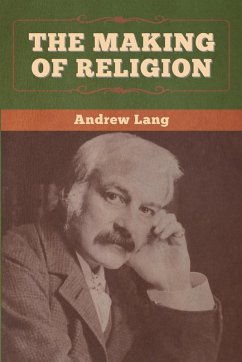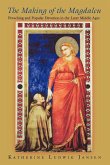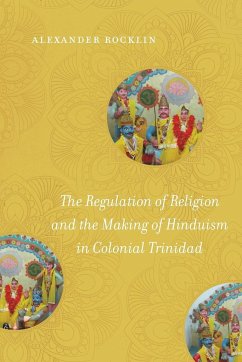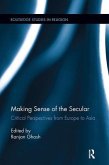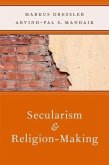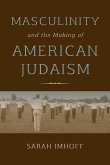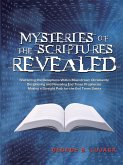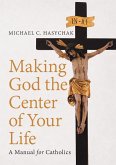The modern Science of the History of Religion has attained conclusions which already possess an air of being firmly established. These conclusions may be briefly stated thus: Man derived the conception of 'spirit' or 'soul' from his reflections on the phenomena of sleep, dreams, death, shadow, and from the experiences of trance and hallucination. Worshipping first the departed souls of his kindred, man later extended the doctrine of spiritual beings in many directions. Ghosts, or other spiritual existences fashioned on the same lines, prospered till they became gods. Finally, as the result of a variety of processes, one of these gods became supreme, and, at last, was regarded as the one only God. Meanwhile man retained his belief in the existence of his own soul, surviving after the death of the body, and so reached the conception of immortality. Thus the ideas of God and of the soul are the result of early fallacious reasonings about misunderstood experiences. It may seem almost wanton to suggest the desirableness of revising a system at once so simple, so logical, and apparently so well bottomed on facts. But there can never be any real harm in studying masses of evidence from fresh points of view.

